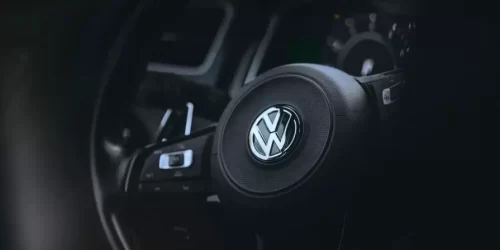Volkswagen Group’s ambitious strategy to fully embrace electric vehicles (EVs) is undergoing significant changes. The core VW brand, which had previously positioned its ID family of battery-electric cars as central to its future, is now admitting the need for more plug-in hybrids due to a slowdown in BEV sales.
Strategic Adjustments
Challenges and Adjustments
Volkswagen has faced numerous challenges, including problematic model releases and falling behind in the competitive Chinese market, where local brands now dominate. As a result, the company has made several adjustments:
- Battery Unit and Factory Plans Shelved: VW has halted efforts to find external investors for its battery unit and has scrapped plans for a €2 billion ($2.2 billion) EV factory in Germany.
- Combustion Engine Sales: The automaker is selling so many combustion engine vehicles that it is expected to exceed its emissions allowance next year. Consequently, VW Group CEO Oliver Blume has appealed to European regulators for leniency.
Historical Context and Diesel Scandal
Volkswagen’s pivot to electrification was largely influenced by its previous heavy investment in “clean” diesel engines. This strategy failed when VW was caught cheating on emissions tests, necessitating a rapid shift to battery-powered vehicles.
Electrification Push
In 2019, then-CEO Herbert Diess announced an ambitious plan to launch up to 75 full-electric models over the next decade, a strategy he argued was essential for the survival of automakers. Diess believed that early adoption of electric mobility would provide a competitive advantage.
Current EV Initiatives
Despite setbacks, Volkswagen is not abandoning electric vehicles entirely:
- Chinese Market and Partnerships: VW is forming partnerships with companies like Xpeng and preparing to launch a new EV brand in China to attract young consumers with advanced in-car technology.
- Collaboration with Renault: The automaker discusses developing more affordable EVs with Renault and other European peers for the mass market.
Broader Industry Context
Volkswagen’s recalibration is part of a broader industry trend, as various countries reduce subsidies for EVs and gaps in public charging infrastructure deter potential buyers:
- Stellantis and Leapmotor: To lower the cost of its electric offerings, Stellantis plans to sell cars co-developed with China’s Leapmotor in Europe.
- Mercedes-Benz and BMW: Mercedes-Benz has paused the development of new electric luxury sedan platforms, and BMW has warned that the EU’s plan to ban new combustion-engine vehicle sales by 2035 could harm the industry.
Market Impact and Tesla’s Position
The slowdown in EV adoption has also impacted Tesla, which lost $235 billion in market capitalization this year. Despite this, CEO Elon Musk remains critical of the industry’s shift towards plug-in hybrids, insisting that EVs will ultimately dominate the market.
Sources:
- Bloomberg
- Reuters
- Automotive News Europe
- Financial Times
- The Wall Street Journal
- CNBC
- The New York Times
- Forbes
- BBC News
- The Guardian
- MarketWatch




